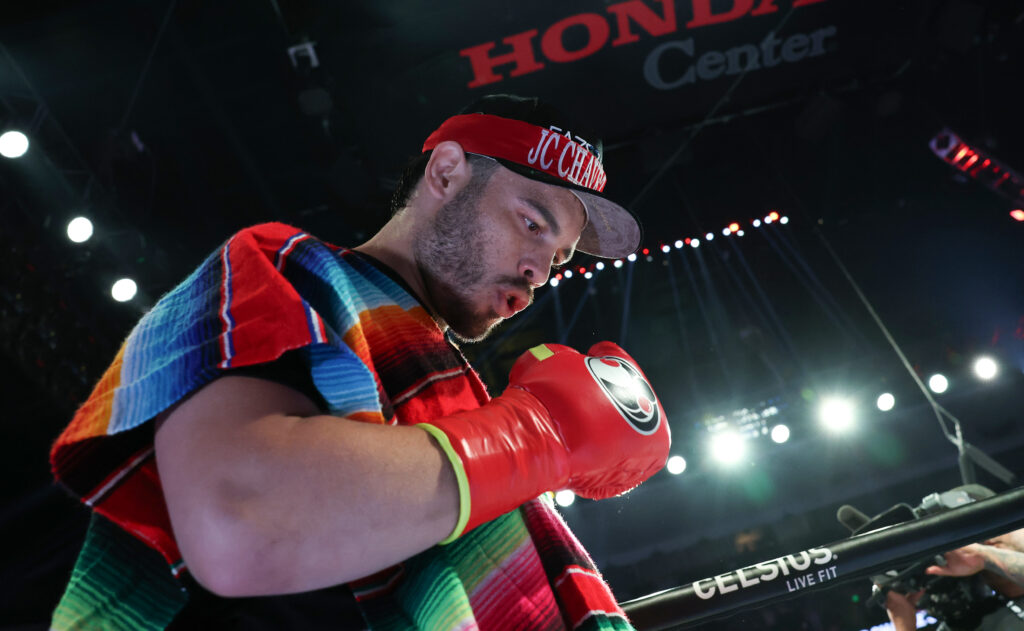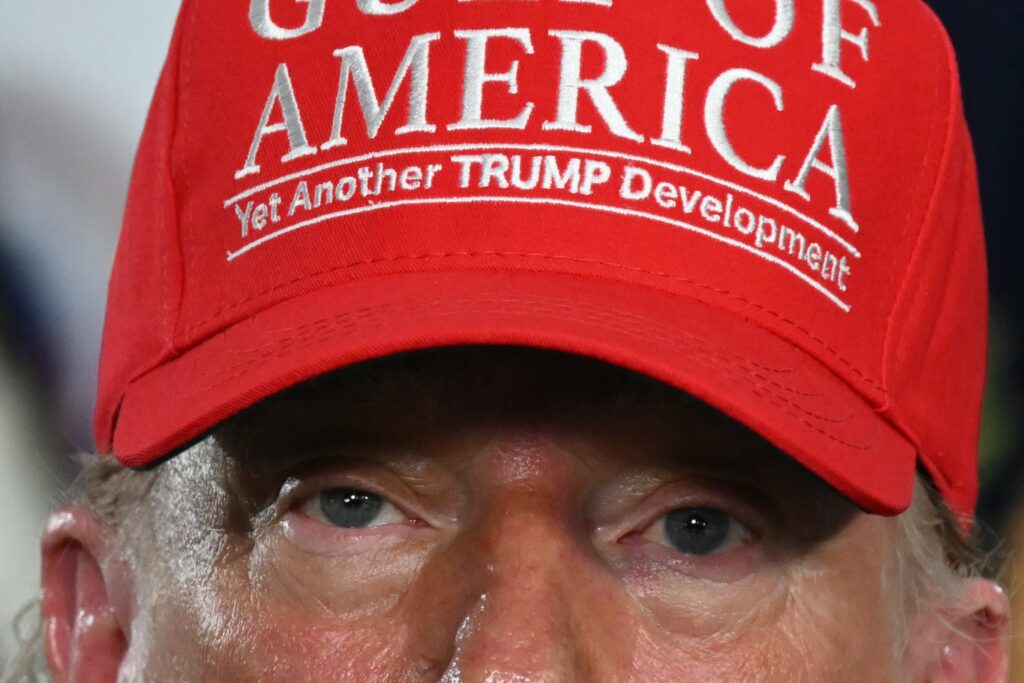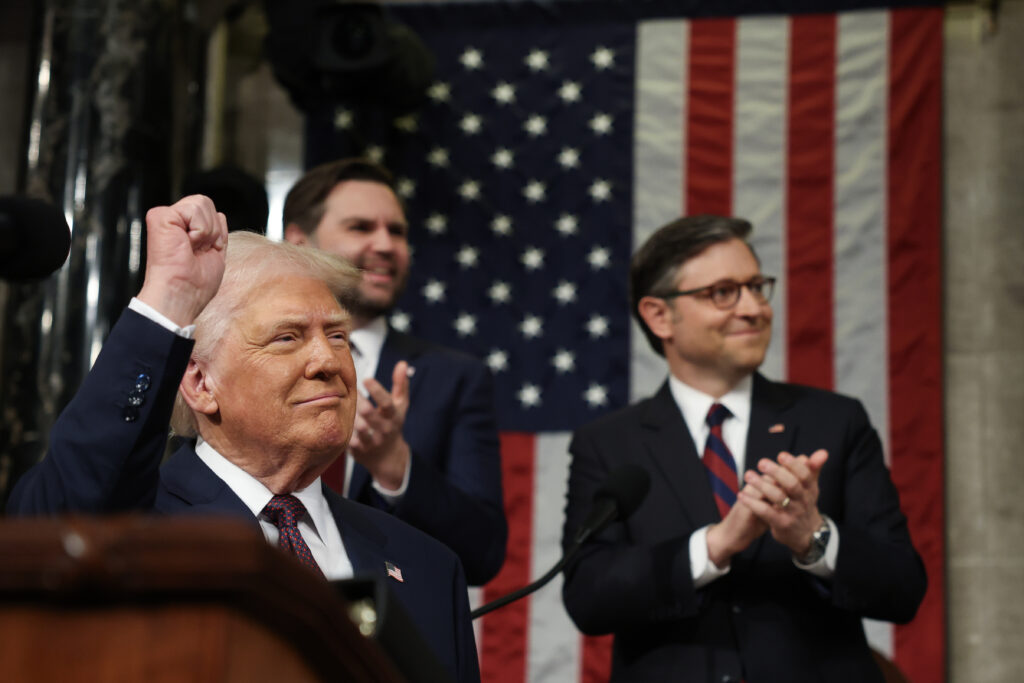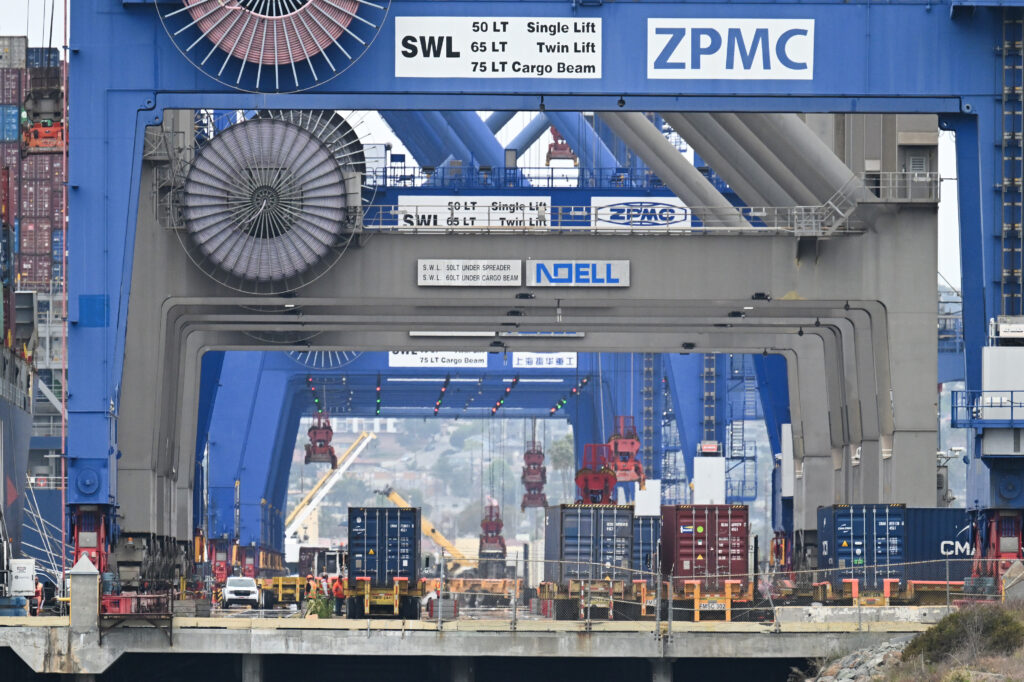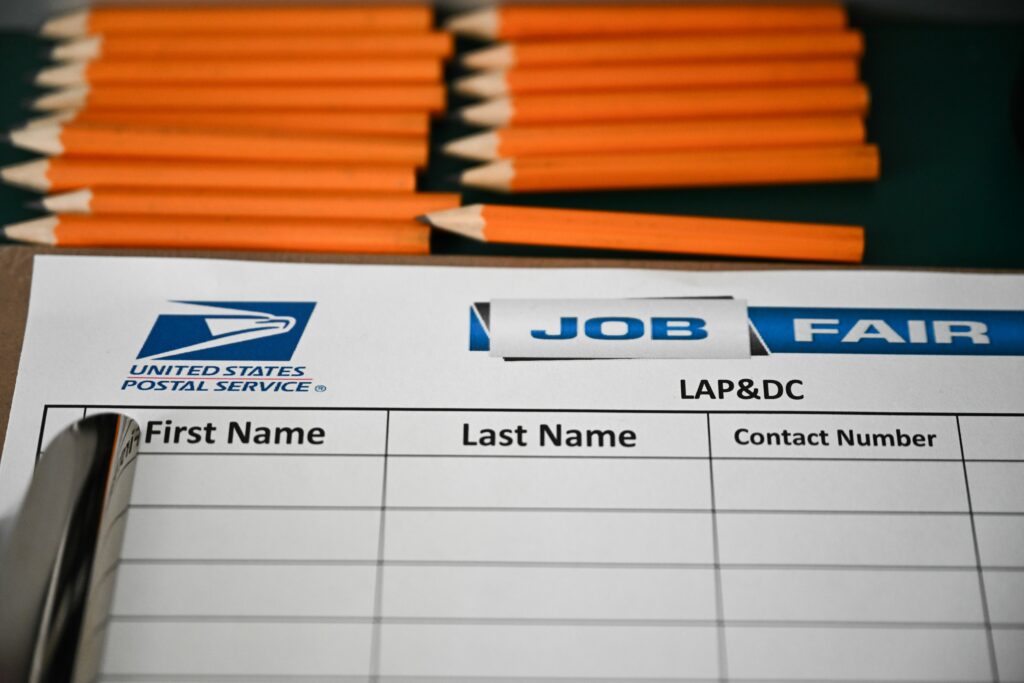Mexican boxer Julio Cesar Chavez Jr. arrested by US immigration authorities: officials
Mexican boxer Julio Cesar Chavez Jr. has been arrested by US immigration officers and is being processed for deportation from the United States, the Department of Homeland Security said Thursday.Chavez, a former world champion and the son of legendary Mexican fighter Julio Cesar Chavez, was detained by Immigration and Customs Enforcement (ICE) officers in Los Angeles on Wednesday after authorities determined that he was in the country illegally, Homeland Security said in a statement.He has an active arrest warrant in Mexico for involvement in organized crime and made fraudulent statements on his application for US permanent residency, it added.Homeland Security said Chavez is believed to be an affiliate of the Sinaloa cartel, one of six Mexican drug trafficking groups designated as terrorist organizations by the United States.Chavez, 39, is a former World Boxing Council middleweight world champion, but in his most recent fight was convincingly beaten by YouTuber-turned-boxer Jake Paul in a one-sided cruiserweight bout in Anaheim, California, on Saturday.Homeland Security said Chavez had entered the United States legally in 2023 on a tourist visa that was valid until February 2024.In April last year, he applied for permanent residence status based on his marriage to a US citizen “who is connected to the Sinaloa cartel through a prior relationship with the now-deceased son of the infamous cartel leader Joaquin ‘El Chapo’ Guzman.”According to the statement, US Citizenship and Immigration Services made a referral to ICE that Chavez was “an egregious public safety threat.”Authorities accused the administration of President Donald Trump’s predecessor Joe Biden of not making Chavez an ” immigration enforcement priority.”Chavez was allowed to re-enter the United States on January 4, 2025 at the San Ysidro port of entry, Homeland Security said.Trump campaigned for president promising to expel millions of undocumented migrants from the United States, and he has taken a number of actions since returning to the White House in January aimed at speeding up deportations and reducing border crossings.
